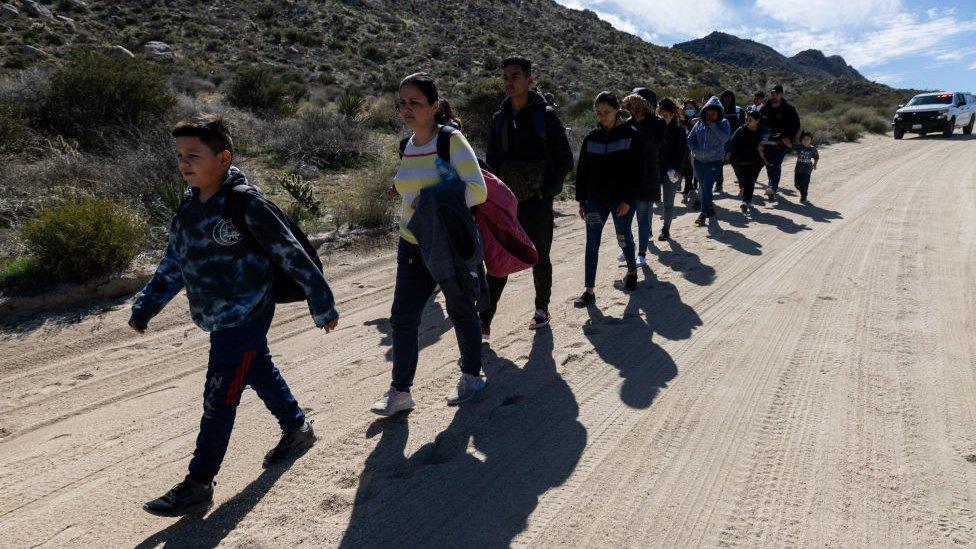Appeals court split on strict Texas immigration law
- Published
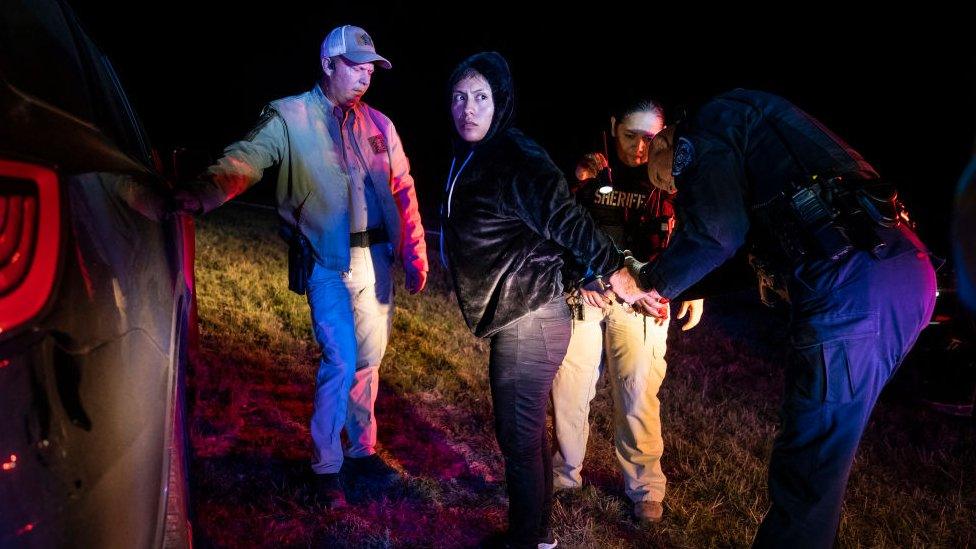
SB4 would give police officers in Texas broad powers to arrest migrants
An appeals court has appeared divided on whether to reject a controversial Texas immigration law in a case that is being closely watched nationwide.
The legislation would let police in Texas arrest and prosecute anyone they think has entered the country illegally, but challengers say the measure usurps federal authority.
The law, known as SB4, briefly came into force on Tuesday for a few hours.
But it was blocked again amid a legal back and forth between the courts.
A New Orleans-based fifth circuit appeals panel of three judges heard arguments in the case on Wednesday morning.
Watch: 'It's not easy' - Migrants at US border react to strict Texas law
They appeared split on the constitutionality of the law and whether it interferes with federal powers as President Joe Biden's administration has argued.
They issued no immediate ruling, and it is unclear when they will do so.
If they opt to let the law go into effect, the justice department is requesting that its effective date be delayed to allow time to seek emergency action from the Supreme Court.
SB4 was due to come into effect on 5 March, but the Biden administration sued in January.
Migrant arrivals at the southern US border have risen to record highs during this administration, making it a top concern among American voters in the run-up to November's presidential election.
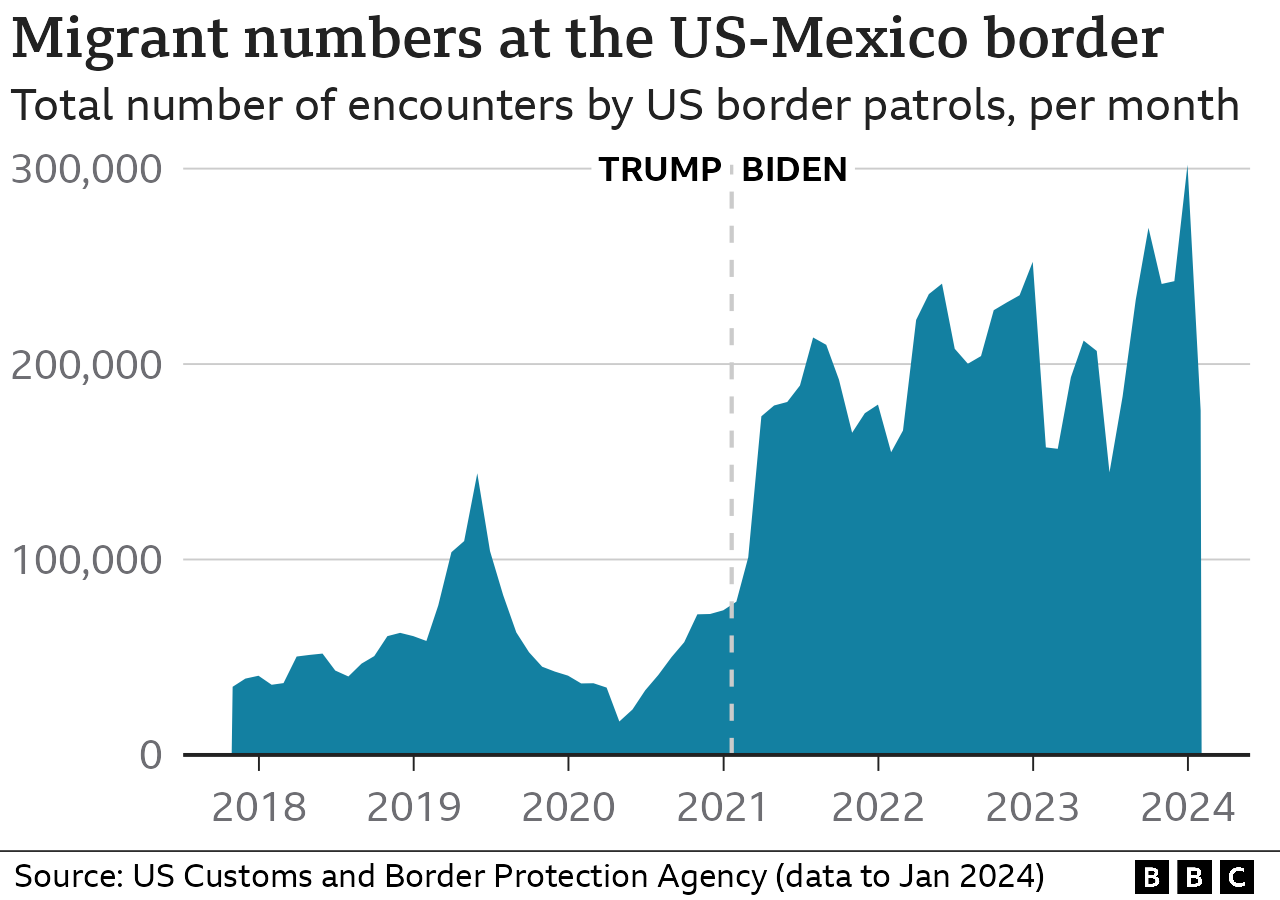
If the courts uphold Texas' new law, other US states could follow.
In court on Wednesday, US Judge Priscilla Richman seemed sceptical of allowing the law to take effect while it remains on appeal, due to its novelty.
"This is not a power that has been exercised historically by states," Ms Richman, a George W Bush appointee, said.
She expressed concern over how SB4 might interfere with federal immigration officials' work.
Aaron Nielson, a lawyer for the state, responded: "Texas has a right to defend itself."
Judge Andrew Oldham, a Donald Trump appointee, expressed uncertainty over whether the entirety of the law was invalid, which is required to fully block it.
Mexico has criticised the new law as anti-immigrant and said it would refuse to accept anyone deported by Texas authorities.
Mexican President Andrés Manuel López Obrador on Wednesday called the law "draconian" and dehumanising.
Should SB4 come back into effect, it would mark a significant shift in how immigration enforcement is handled, as courts have previously ruled that only the federal government can enforce the country's immigration laws - not individual US states.
Crossing the US border illegally is already a federal crime, but violations are usually handled as civil cases by the immigration court system.
Under SB4, anyone illegally entering or re-entering Texas would face up to 20 years in prison.
It is not clear if any migrants were detained while the law was in effect.
Historically, the federal government has created laws and regulations on immigration, even though the US Constitution does not explicitly grant it those powers.
A Gallup poll released in February suggested that nearly one-third of Americans believe immigration was the single greatest problem the country faced ahead of the government, the economy and inflation.
- Published3 April 2024

- Published26 February 2024
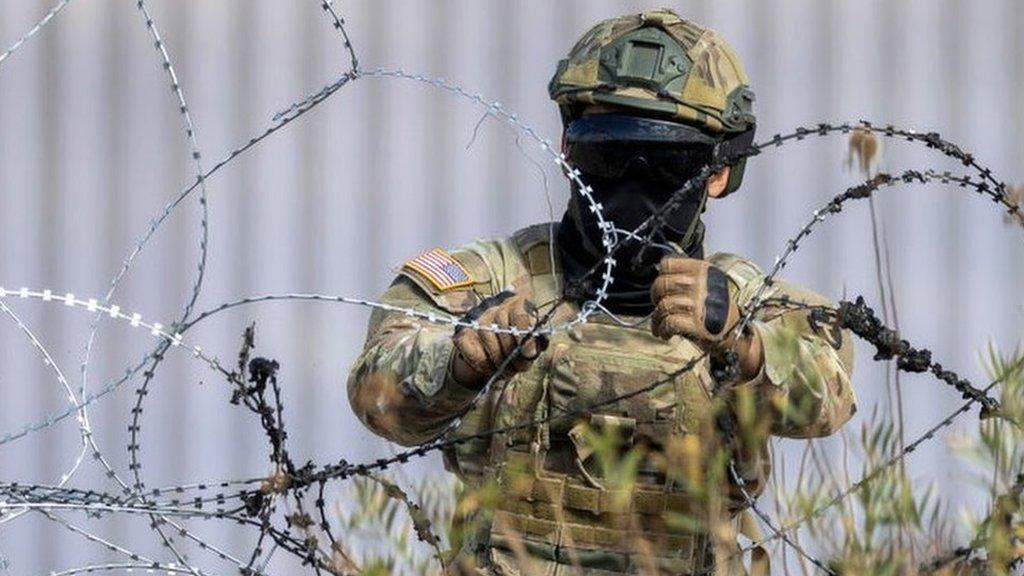
- Published19 March 2024
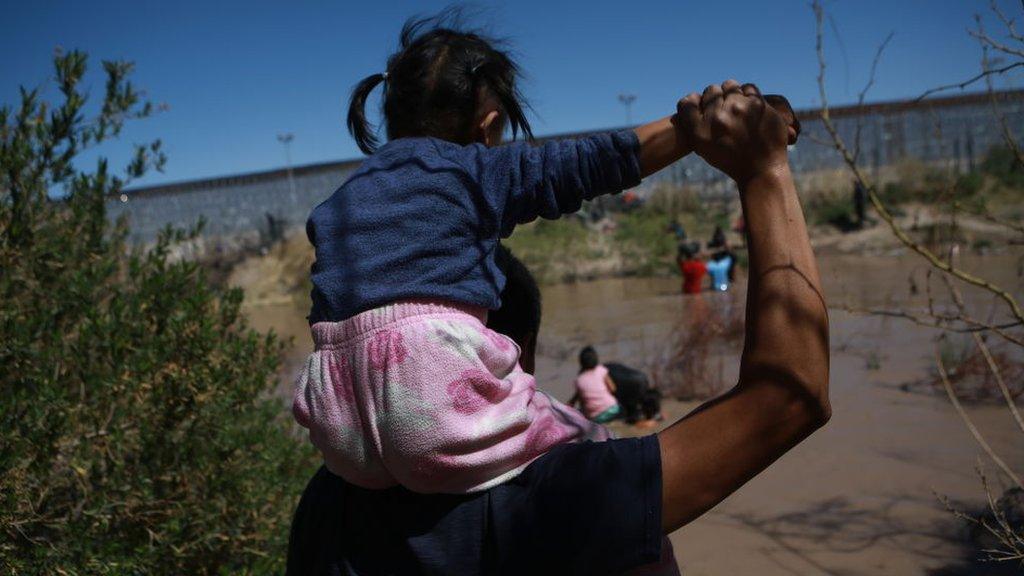
- Published5 March 2024
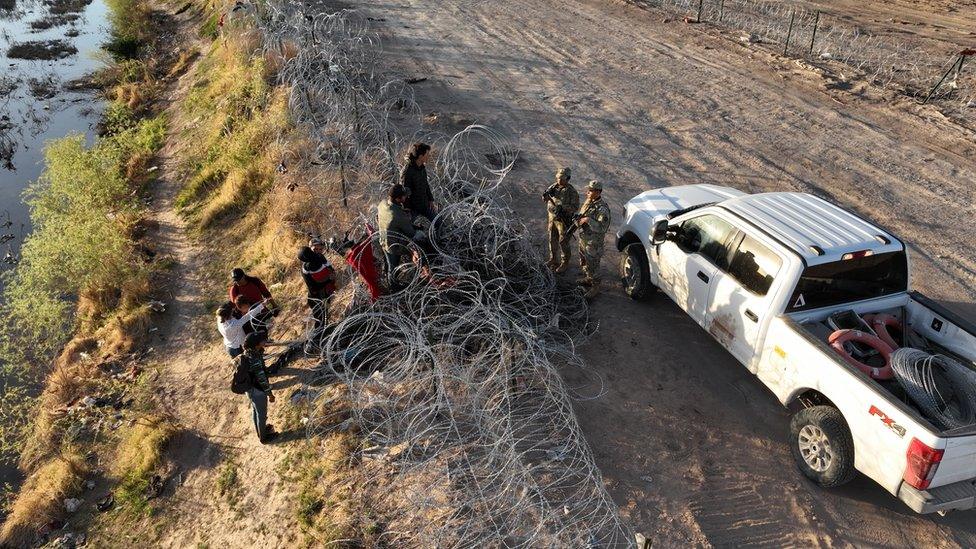
- Published28 February 2024
